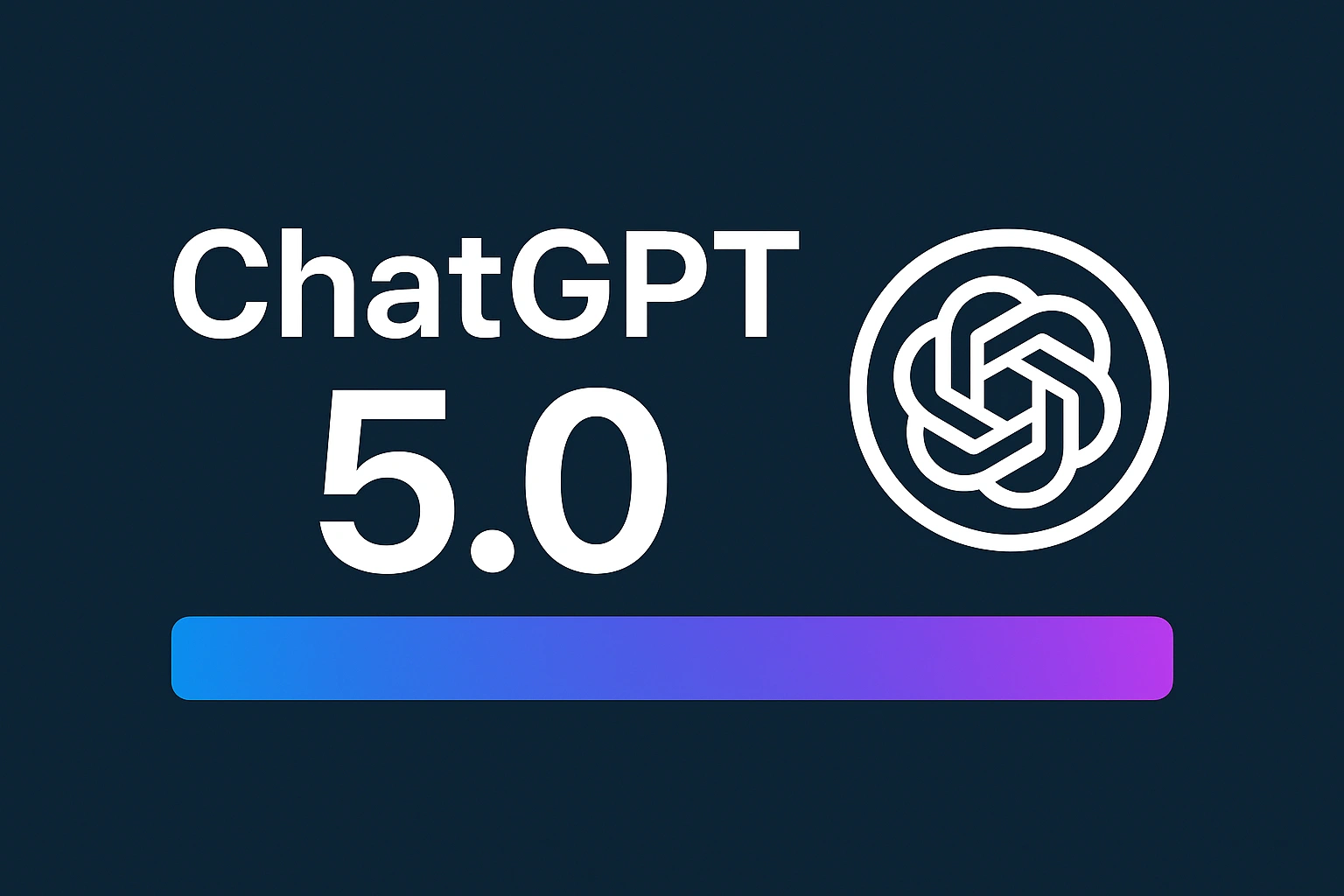In a bold and eye-opening statement, Ford CEO Jim Farley has issued a stark warning about the future of employment. Speaking on the growing influence of artificial intelligence (AI), Farley declared that nearly half of all white-collar jobs could vanish in the coming years due to AI automation. While many fear the implications of this technological wave, Farley also highlighted a silver lining — the “essential economy” is experiencing a massive worker shortage and could be a key to future job growth. 1. The AI Revolution: A Double-Edged Sword Artificial Intelligence is no longer science fiction — it's real, it's here, and it’s evolving at lightning speed. Farley emphasized that AI is set to drastically transform the white-collar workforce, particularly in industries like finance, marketing, administration, and even software development. Routine tasks such as data analysis, report generation, customer service, and scheduling are increasingly being taken over by intelligent algorithms. While this shift promises efficiency and cost savings for corporations, it also signals a dangerous wave of job displacement for millions of office workers. 2. Ford's Own Transformation: Leading by Example As CEO of one of America’s most iconic companies, Farley isn’t just theorizing — he’s acting. Under his leadership, Ford is investing heavily in automation, digital transformation, and AI-driven solutions. From streamlining its supply chain to using machine learning in vehicle production and customer experience, Ford is becoming a tech-forward automotive powerhouse. Farley revealed that Ford has already begun restructuring white-collar roles and retraining employees to prepare them for a future where human and machine must coexist. 3. Essential Economy: The Rising Star While white-collar workers brace for disruption, Farley pointed out that the essential economy — jobs in construction, healthcare, education, manufacturing, agriculture, and logistics — is facing an urgent labor shortage. These are roles that AI can’t easily replace. They require human hands, emotional intelligence, adaptability, and physical presence. Whether it’s a nurse caring for patients, a teacher guiding young minds, or a technician fixing critical infrastructure, these roles remain vital and in-demand. 4. A Call for a Workforce Shift Farley believes the future lies in rebalancing the workforce. As AI automates knowledge-based roles, society must pivot to retrain and redirect workers into essential fields. This requires investment in vocational training, apprenticeships, and a cultural shift that values hands-on work just as much as desk jobs. “We’ve over-glorified the white-collar office lifestyle,” Farley said. “It’s time to respect and reinvest in the workers who keep the real world running.” 5. Adapting to the New Normal The takeaway from Farley’s warning is clear: The future belongs to those who adapt. Rather than fearing AI, workers and businesses alike must embrace lifelong learning and flexibility. White-collar professionals should start exploring hybrid roles, while governments and educational institutions must step up to support skill transitions. In a world increasingly powered by machines, human value will be found where AI can’t tread — in empathy, creativity, care, craftsmanship, and resilience. --- Conclusion: Farley’s message is both a warning and an opportunity. The age of AI will bring massive change, but with proactive planning, society can ensure that no one is left behind. The essential economy may just be the unsung hero of the future workforce.
Ford CEO Jim Farley Warns: AI to Wipe Out White-Collar Jobs, But Essential Economy Cries Out for Workers
TechnologyJul 7, 2025 · Author: Uzma

Photo
2
91
Related Articles

AeroXplorer to Launch New Aviation Magazine “Jetstream” on September 1
Author: khan solo

ChatGPT 5.0 – What is GPT-5 and How to Use it?
Author: khan solo

Moon Secrets: The Legacy of Looking Back at Our Earth From The Moon
Author: khan solo